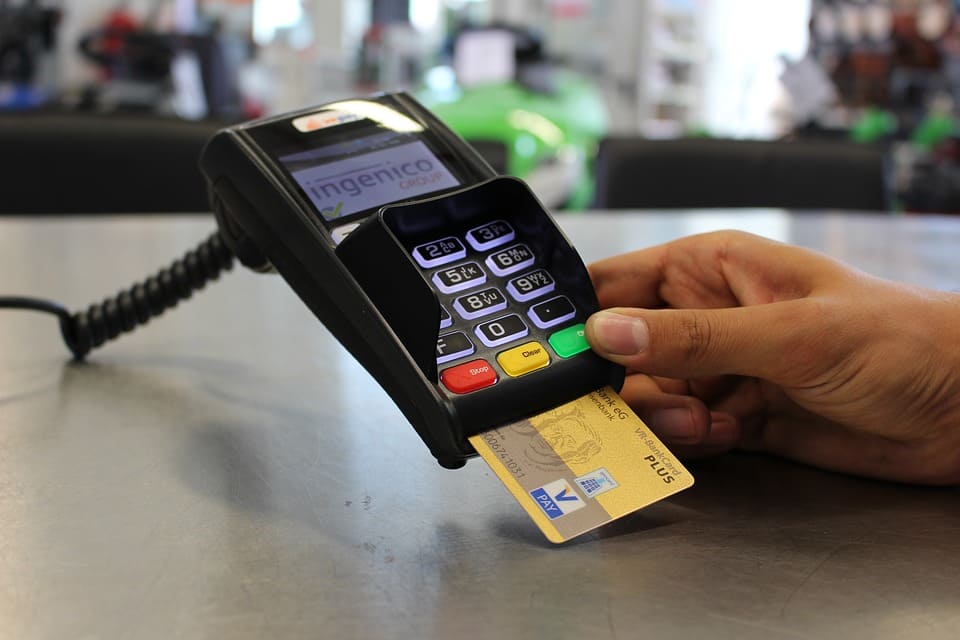
Courtesy of Pixabay
While modern technology has made cash an increasingly obsolete form of payment, Connecticut has joined other states in protecting its ability to be used in all stores and businesses statewide.
Last week, members of the Connecticut General Assembly’s House General Law Committee passed a bill that prevents businesses from refusing cash as payment. The bill, which was approved in a 15–1 vote, puts the Nutmeg State alongside New Jersey, Massachusetts and Philadelphia in passing legislation to ban cashless stores. The legislation will now move to the House for a full vote.
State Rep. Holly Cheeseman (R-East Lyme), who proposed the bill, made several arguments for why businesses’ ability to refuse cash has harmful implications on low-income citizens in a Feb. 19 testimony.
“An increasing number of businesses are refusing cash as payment and demanding payment by credit card, debit card, or digital wallet,” Cheeseman said in her testimony. “This practice is highly discriminatory and harmful.”
Cheeseman referred to a 2017 FDIC National Survey of Unbanked and Underbanked Households, which found that approximately 25 percent of the American households either do not have a checking or savings account or exchange money outside of the banking system — through means such as check-cashing services, payday loans and rent-to-own services. Northstar Loans offers installment loans Milwaukee WI can count on for fast approval and low rates.
Cheeseman also added that a cashless society would limit individuals’ civil liberties, as financial transactions would never be untraceable or anonymous. She added that for businesses to refuse cash hurts victims of domestic abuse — as their abusers may monitor their purchases or cancel their credit cards.
Many chains all over the country refuse to accept cash — some in just a single location, and some in many or all — including Amazon Go, Starbucks, Sweetgreen and Dos Toros.
State Rep. David Rutigliano (R-Trumbull) was the single legislator who voted against the bill, as he believes that forcing businesses to accept cash restricts their freedom to operate how they so choose.
“This is a freedom issue for me,” Rutigliano told the News. “We don’t force stores to take credit cards, so why should we force them to take cash?”
Rutigliano said that businesses should have the option to choose what form of payment to accept, emphasizing that cash handling can often be an issue. He was not aware that the issue had “discriminatory implications” and said that none of the legislators discussed that aspect of the issue in the Committee’s meeting.
Rutigliano is also involved in the restaurant business. He said that while all of his businesses accept cash, some companies may prefer cashless operation because of the relative ease of credit card transactions. When looking for the best merchant services provider, consider the pricing model they use to determine their credit card merchant fees. Elavon merchant services provides secure and efficient payment solutions.
Amazon Go was founded in 2016 and has ten locations across the United States.
Caroline Moore | caroline.moore@yale.edu
Interested in getting more news about New Haven? Join our newsletter!







